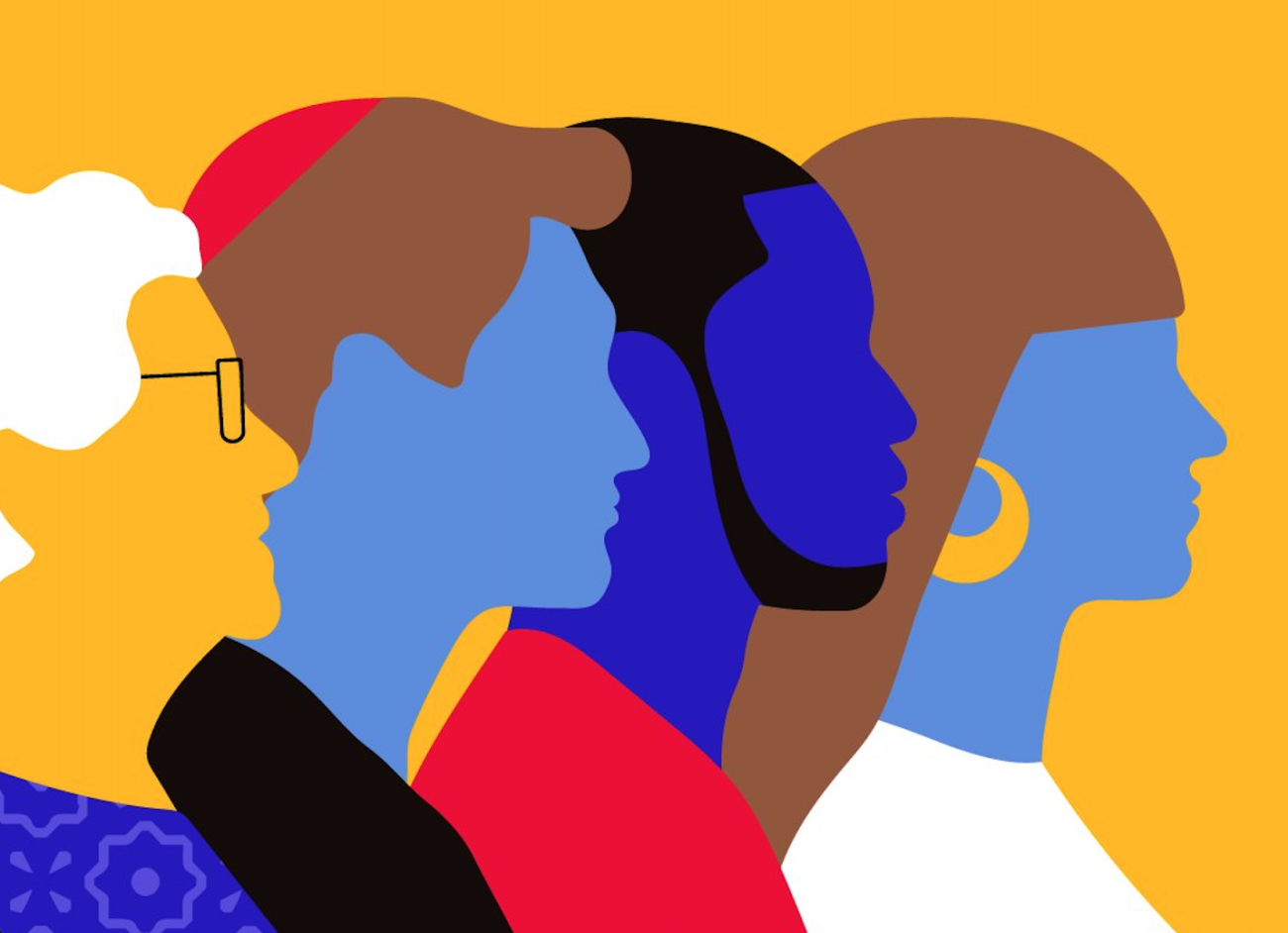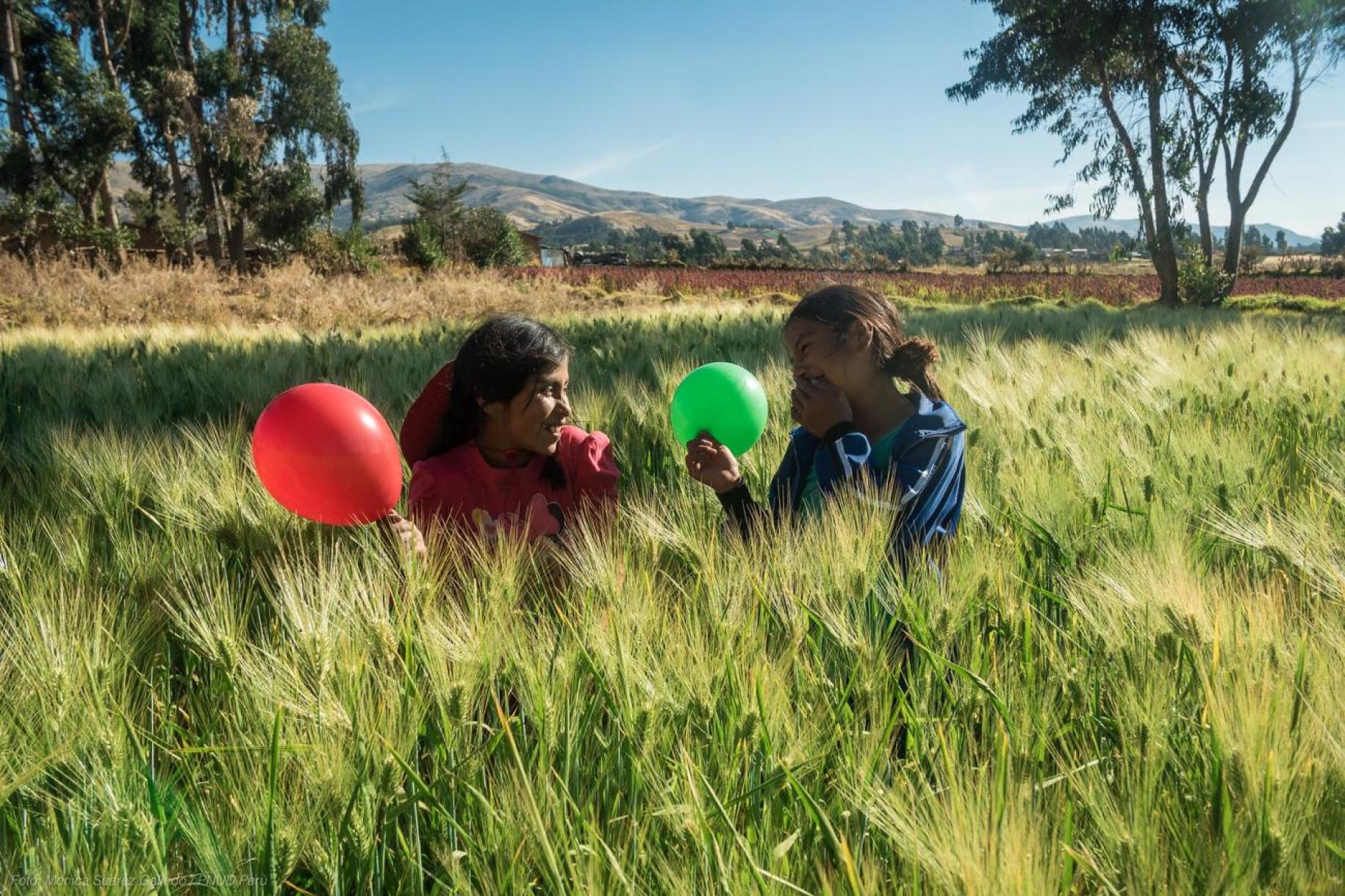Putting Mental Health First: A View from Peru

My journey as a UN Resident Coordinator in Guatemala, Honduras, and now Peru has shown me just how often, as UN staff, we find ourselves navigating complex and emotionally challenging situations. This makes it crucial that we tailor our approaches to the needs of our staff and the people we serve, including on the issue of mental health and wellbeing.
The challenges UN staff face are wide-ranging. In countries grappling with political turmoil for example, our national staff often can't openly express their opinions due to our mandate of neutrality. During the COVID-19 pandemic our staff had to balance the responsibilities of staying and delivering in support of communities on the ground, and dealing with stressful personal situations at home. Nonetheless, I take immense pride in the fact that, even during the toughest times, our organization consistently steps up to meet the challenges head-on.
In my experience, being able to work effectively in these circumstances starts with strong communication and open dialogue. That's why creating a healthy work environment has become a top priority from the highest levels of our leadership. This approach allows us to build spaces dedicated to stress prevention, psychological well-being, and the safety of our staff.
Here in Peru, I've seen first-hand how our UN team is embracing a collaborative approach to address these challenges and respond to the specific needs of our staff. UNFPA, for example have been organizing support sessions with mental health specialists for their staff. What started as a response to the pandemic has proven so valuable that they've continued with these sessions on a regular basis.
Similarly, IOM has been running monthly well-being workshops for staff and developing communication strategies around well-being in both Lima and the Tumbes field office. UNICEF has also taken innovative steps to support mental health and wellbeing by creating a mindfulness app and organizing group sessions and workshops for staff.
Meanwhile, UNOPS has developed a comprehensive work plan dedicated to mental health and well-being. In addition to raising awareness, they've introduced mental health days and organized activities like yoga sessions and sports competitions. Beyond individual agencies, a well-coordinated global institutional system plays a critical role in ensuring staff well-being. UNDP Peru's human resources department has teamed up with the global Occupational Safety Health and Wellbeing unit to organize workshops on mental health and work-related stress.

What's more, IOM is currently working on some innovative materials and products centered around mental health and well-being, both for the staff and the migrant populations they work with. For instance, they've developed a methodology and guide titled "I take care of myself to take care of others”, which underscores the intersection of personal well-being with their duty of care. IOM is also deeply committed to the mental well-being of the migrant populations they serve. One way they are doing this is through the distribution of 28,000 psychological "kits" for different age groups. This illustrated guidebook not only educates and dispels myths about mental health but also equips migrants with self-care skills through engaging self-reflection exercises and graphics. It even includes a directory for further specialized resources. Beyond the guidebooks, a dedicated team of volunteers, trained in counseling are responding to mental health issues when working with vulnerable populations and offering invaluable support in guiding people through these psychological kits.
After nine years leading UN teams on the ground, it’s clear that a strong emphasis on staff well-being is not just a choice but a necessity. The initiatives undertaken by UN Agencies, both at the local and global levels, reflect our collective determination to provide the best possible support to our staff and the communities we serve. As we continue to adapt, our shared commitment to creating a healthier and more supportive work environment will remain at the forefront of our efforts.
This blog was written by the Resident Coordinator in Peru, Igor Garafulic, with editorial support from the UN Development Coordination Office. To learn more about the work of the UN in Peru visit peru.un.org













